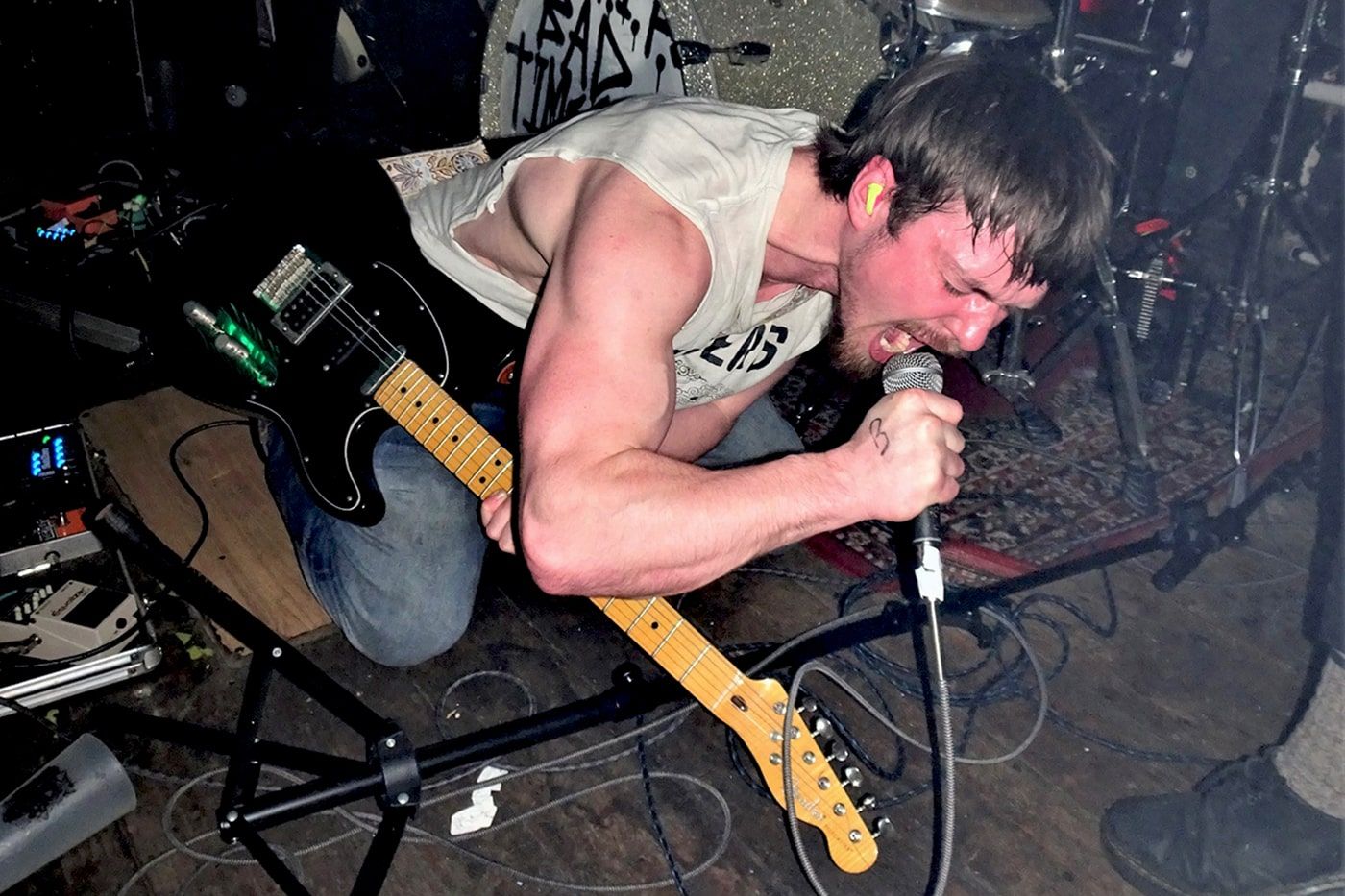I grew up with visions of life on the road, inspired by videos of touring bands from the 90s. I imagined rocking up to a new city every night with guitar in hand, blasting our music to a handful of attentive fans, having adventures and afterparties and getting paid to do it, then jumping into the van to the next spot on the map. And while some of that has proven true, a great deal of my expectations have been let down.
I am writing this from the perspective of a small independent band ‘Bedsit’ from the UK, just having come off our second national tour. We can sell out a <200 cap venue in our hometown of Hull, performing with our mates in a room full of people we wholeheartedly love. But then we drive fifty minutes down the road and nobody knows our name. This tear between touring expectations and reality is the subject of our latest release ‘F.I.D.O.’
You think you want to be in a touring band? Well here’s some hard-earned insight.
The ‘Scene’
You don’t just get a good gig everywhere you go. Each city in the UK has a distinctly different scene subject to fluctuation over time; the bigger cities have pockets of scenes, often tied to numerous well-attended venues. Some scenes were amazing ten years ago but are ‘dead’ now, others are just getting their rise.
The ‘Scene’ itself is the people. Are they excited to go to gigs and discover new bands, or do they only wander in when their friends start playing? Are the venues booking original acts or mostly just cover bands? Are the locals experimental, vibrant, artistic… or is this another landfill of recycled Oasis and Arctic Monkeys knock-offs?
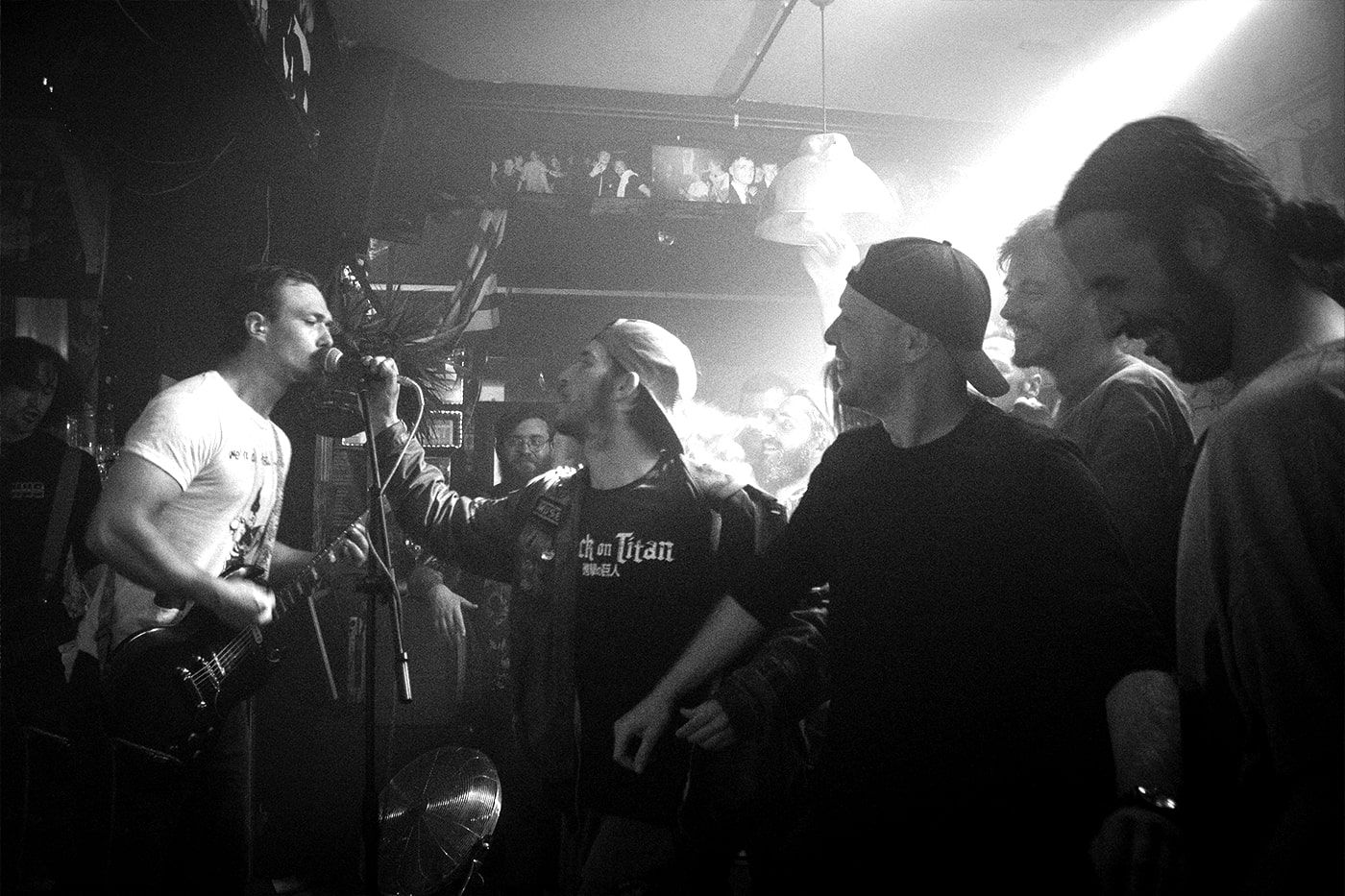
Each scene’s local bands set the tone. The best scenes we found were not the biggest – not the Leeds or Londons – but the Lincolns, and Yorks. Scenes where people weren’t up their own arses about sub-genre niches, bragging about their TikTok followers, singing songs about being the absolute don of their postcode. Some scenes were friendly, down to earth, cool if you will.
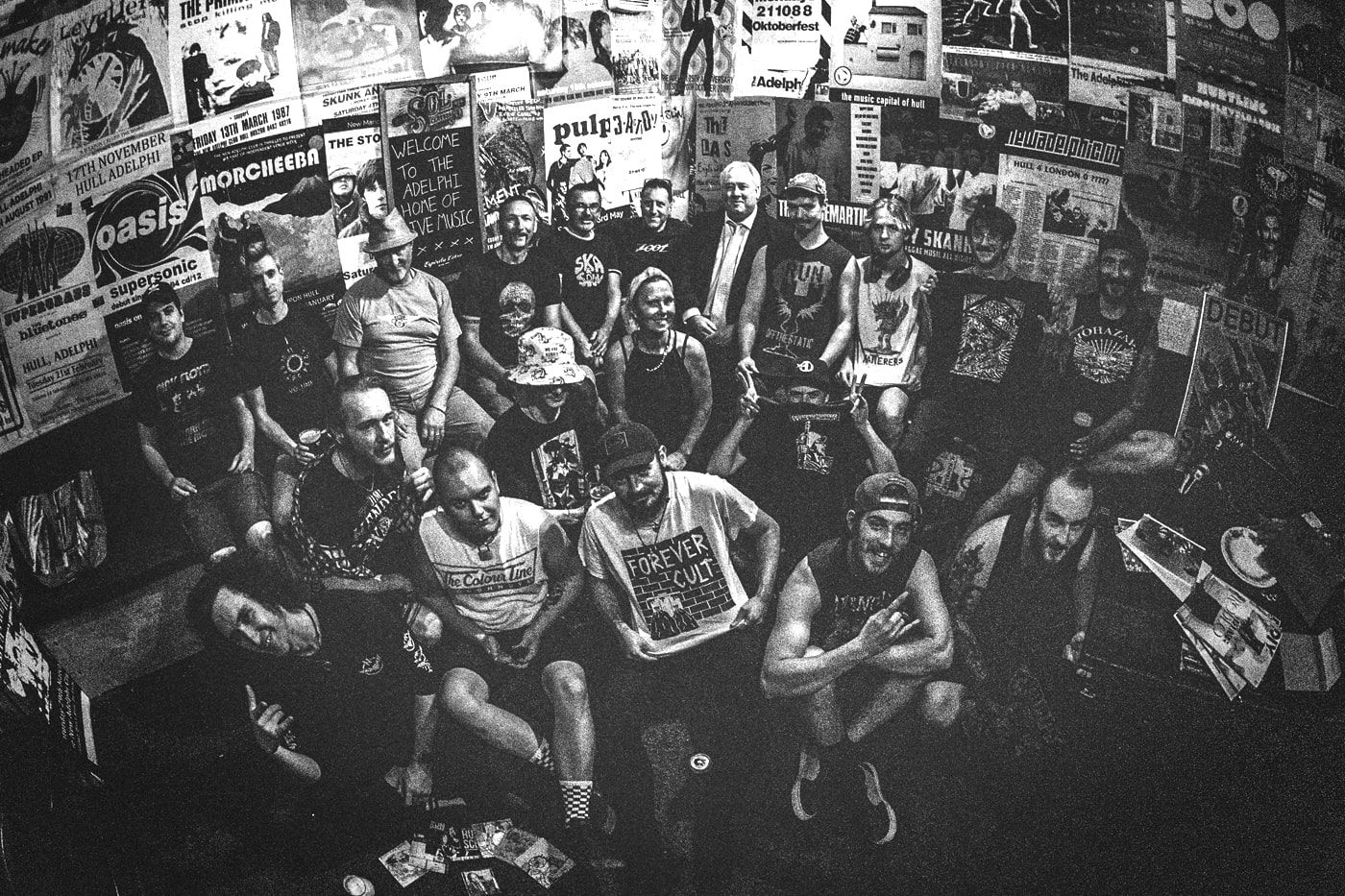
One day, we opened for a sold out show in a small student city, performing with a bunch of college bands. Only a fraction of the audience watched our set from as far back in the room as they could, as if stuck to the wall on a centrifugal fair ride. The majority of attendees stayed outside like they were protesting Rock & Roll. Those who listened actually enjoyed our set and bought a bunch of merch. We wondered what it’d have been like if everyone who had bought a ticket had given us a chance. But that wasn’t the ‘vibe’; the majority of kids were there to see their mates’ bands, neck a small bottle of vodka in smokers then go home. Punk rock.
The Duality of Promoter
After all the hard work you’ve put in to write, record and perfect your set, then lug your gear fifty miles down the motorway, braving traffic and one-way-systems in an unfamiliar city to reach the venue, you’d hope that the promoter would look after you.
It’s a Saturday night. You’ve just spent £8 to park in the centre of town. Carrying your amps to the venue, the doorman outside asks if you’re in a band. For a second, you don’t exactly know how to respond, but he looks hard, so you just say ‘Yeah’.
Inside, you approach the bar. ‘Who’s running the night?’ you ask. The kid behind the bar replies with a shrug. The promoter is absent. The sound tech is scowling at a mixing desk and there’s no in-house drum kit to be found. The venue looks like a deserted wetherspoons.
You’re in a recurring nightmare.
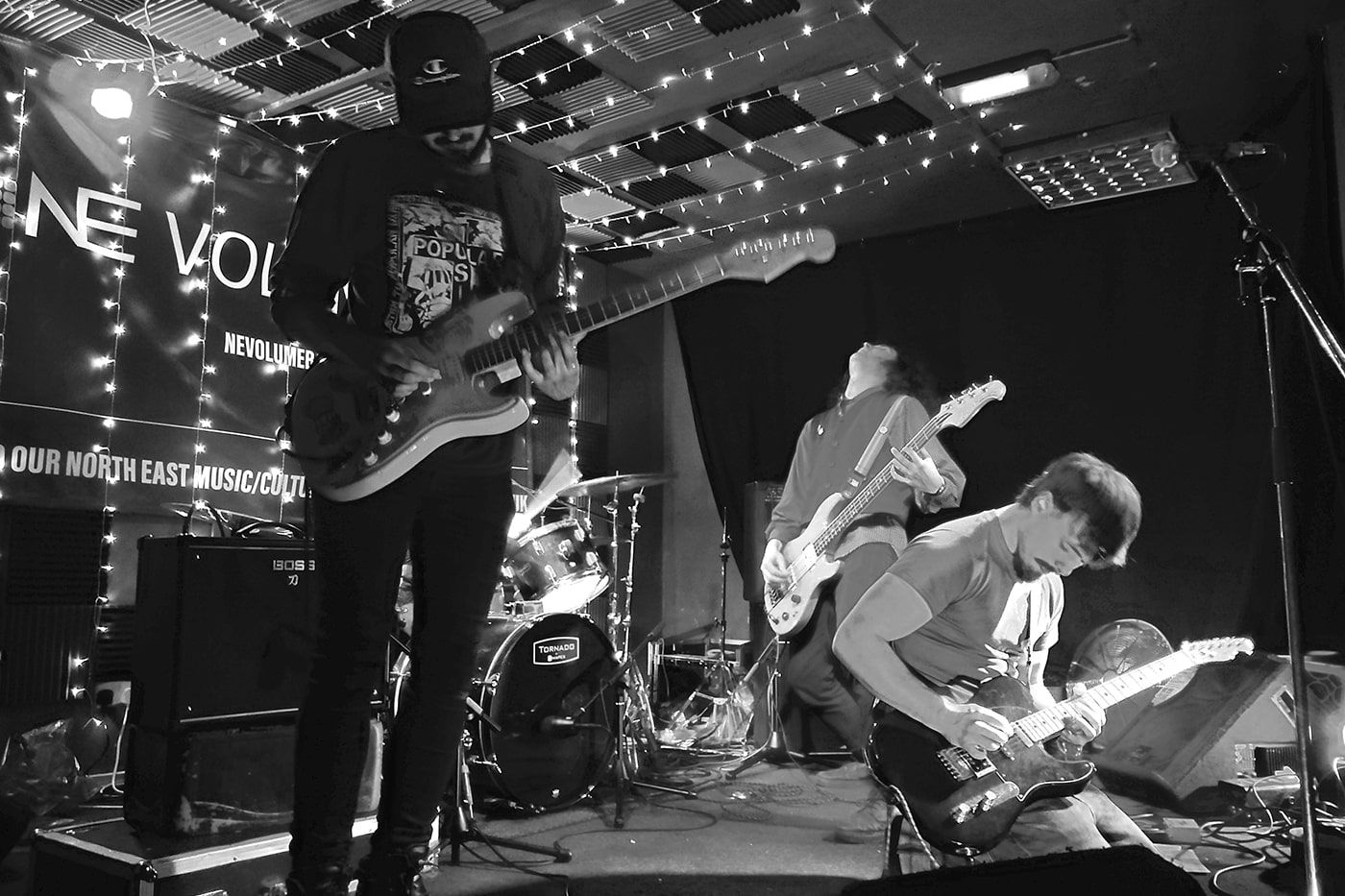
Some promoters truly dedicate their lives to nurturing a scene within a sacred venue. They endeavour to strike a balance between booking events that do well on the bar, and those which do well for the heart. They listen to the bands before putting them on, ignoring for the most part how many Facebook likes a band page has, and instead curating a bill which makes sense – which includes some local talent to pull a crowd, and makes for an unforgettable night.
Other promoters have a budget and a mandate, and will slap any three bands on a bill from across the country under the mantra ‘If you book it, they will come’. They’re not looking for talent and they won’t further your career. They just want to feed you into the machine and churn out some mulch. Bar sales. You’re a mathematical equation. Your worth has been assessed. You will do, and if you behave, next time you might be given wonderful opportunities. Another gig played for exposure, leaving you feeling used and over-exposed.
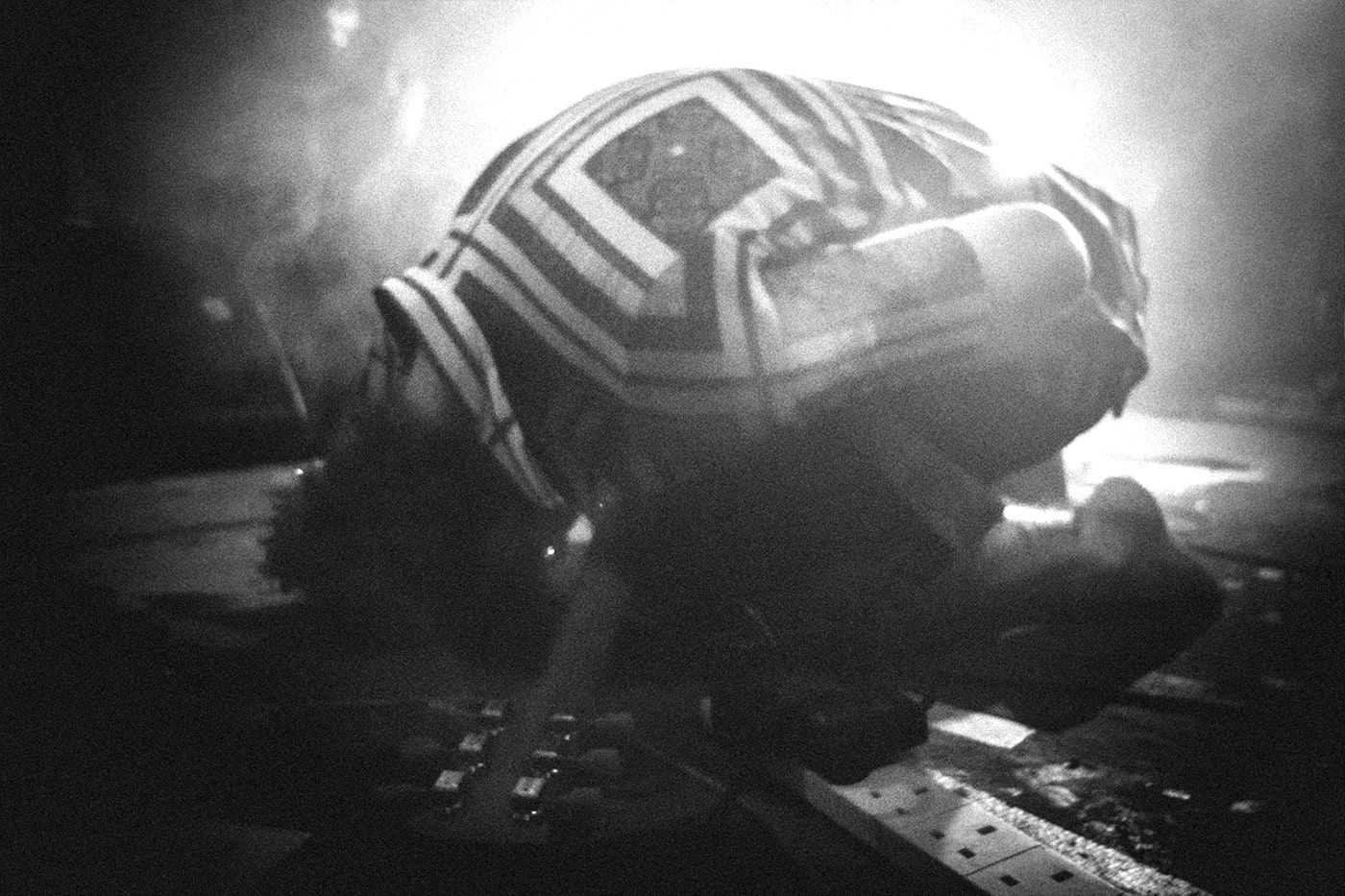
Money!
If you got into the music biz to make a lot of money, you need to do us all a favour and F-off for a start.
If you got into it to make a living and can’t wait at least a few years to develop your sound, your fanbase and generate widespread interest in your work, then join the legions of cover bands stagnating culture across the UK, diluting the scene with each recycled anthem, making it harder for original bands to get a foothold in the industry.
If however, you are in the luxurious position whereby money is not your priority, then welcome aboard!
It’s expensive being in a touring band. Production costs aside, there’s fuel, food and accomodation if the promoter cannot offer you a floor to crash on. Expenses per show can easily surpass £200 and oftentimes you’ll struggle to push a promoter into guaranteeing you more than double figures for a show. We camp out between shows where we can, but British weather always has something to say about that.
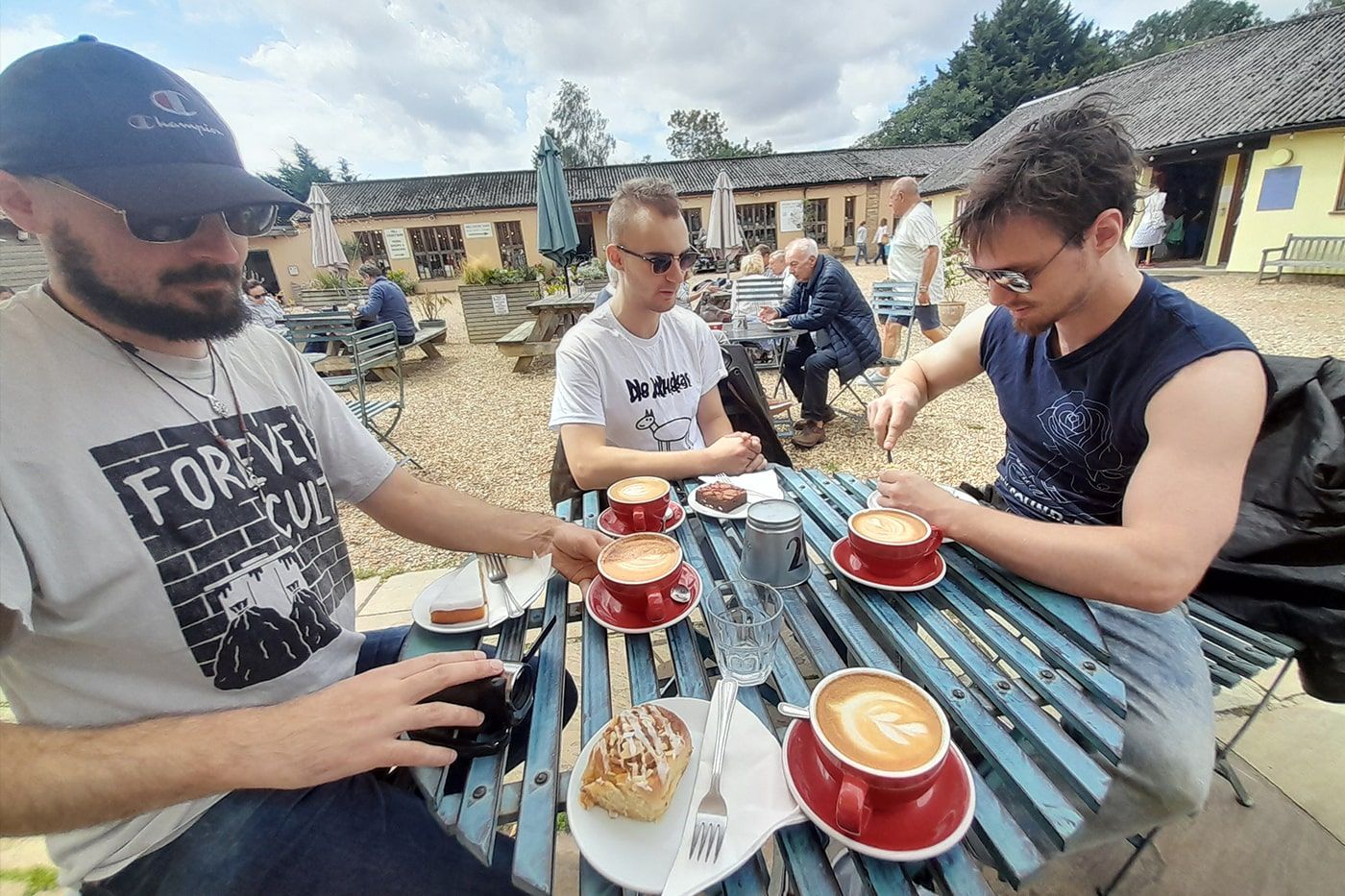
So you rely on merch sales, but CDs are obsolete, vinyl is expensive and the profit margin is slim, and your t-shirts are only going to sell if anyone has turned up to the gig in the first place. You win some, you lose some. But if you do things right, you’ll just about break even most times.
‘I should have chosen better dreams.’ is a line from Bedsit’s recent single ‘F.I.D.O.’
It’s a cynical joke, but one with an element of truth. Touring is far from idyllic. It’s downright gruelling and disheartening at times. It makes you question why you bother being in a band, only, if you’re like me, you’re trapped. That dream of that 90s punk tour was lodged in your brain at too young an age to simply fade away now. You’ll make it work or you’ll die trying.



